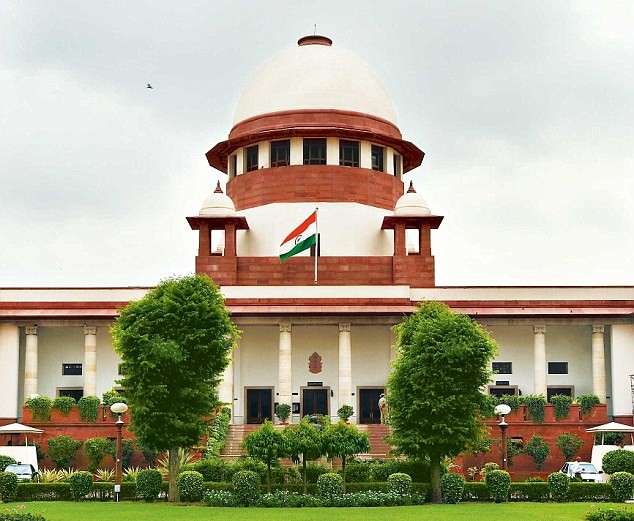The Gujarat government has requested the Supreme Court to lift the Gujarat High Court’s stay on Section 5 of the Freedom of Religion Act, 2003, under which district magistrate permission is mandatory for conversion through marriage.
On November 14, while hearing a PIL filed by senior advocate Ashwini Upadhyay, a bench headed by Justice MR Shah had said, “The issue with respect to the alleged conversion of religion, is a very serious issue which may ultimately affect the security of the nation and violate citizens’ right to freedom of conscience and right to freely profess, practice and propagate religion. Therefore, it is better that the Union government may file a counter on what further steps can be taken to curb such forced conversion.”
In its preliminary response, the Union government had said that freedom of religion and the right to propagate one’s religion does not include the right to convert others to the preacher’s religion.
Speaking on the same lines, the Gujarat government through its counsel Swati Ghildiyal said, “Taking prior permission obviates forcible conversion and protects the freedom of conscience guaranteed to citizens. The steps stipulated are precautions to ensure that the process of renunciation of one’s religion to adopt another is genuine, voluntary and bona fide and, at the same time, free from any force, allurement and fraudulent means.”
Adopting the Centre’s stand, the state government said that the right to freedom of religion does not include the fundamental right to convert other people to a particular religion, especially by fraud, deceit, coercion, enticement, or other means.
“The meaning and purport of the word propagate falling under Article 25 of the Constitution was discussed and debated in great detail in the Constituent Assembly and the inclusion of the said word was passed by the Constituent Assembly only after the clarification that the fundamental right under Article 25 would not include the right to convert,” the state govt said in its affidavit.














